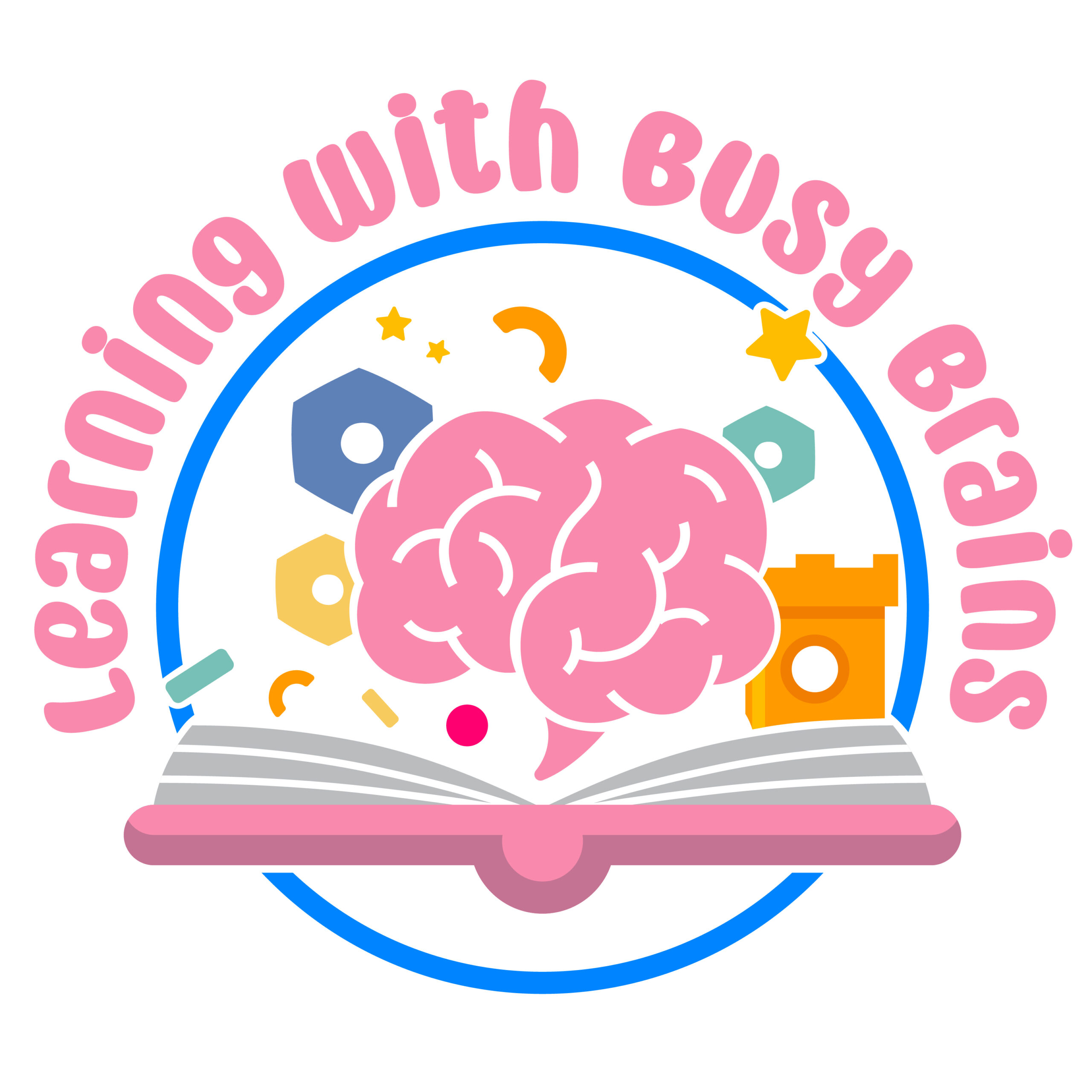Integrating meaningful and authentic literature has become a vital part of our learning experience. One collection that stands out is Umm Assad’s series of authentic children’s books. These beautifully illustrated books not only engage young readers but also impart essential Islamic teachings and values. Below, I’ve reviewed each book in the collection, highlighting key themes, lessons learned, and engaging activities to enhance comprehension and connection.
1. 99 Names of Allah
Summary: This book introduces children to the beautiful names of Allah, explaining their meanings in an accessible way.
Key Themes: Understanding of Allah, spirituality, appreciation of divine attributes.
Lessons Learned: The importance of knowing and reflecting on the names of Allah.
Activities:
- Discussion Questions: Which name of Allah resonated with you the most and why?
- Creative Projects: Create flashcards with the names and their meanings.
- Quran Connections: Discuss verses from the Quran that reference Allah’s names.
2. Allah Alone We Worship
Summary: Emphasizing the concept of monotheism, this book teaches children about the significance of worshiping Allah alone.
Key Themes: Tawhid (Oneness of Allah), faith, devotion.
Lessons Learned: Understanding the core belief of Islam and the significance of worship.
Activities:
- Discussion Questions: What does it mean to worship Allah alone?
- Creative Projects: Have children draw or craft their interpretation of worship.
- Quran Connections: Explore relevant Quranic verses that emphasize Tawhid.
3. Righteousness to Parents!
Summary: This book highlights the importance of kindness and respect towards parents, encouraging children to honor them.
Key Themes: Family values, respect, gratitude.
Lessons Learned: The significance of honoring parents in Islam.
Activities:
- Discussion Questions: How can we show kindness to our parents every day?
- Creative Projects: Write letters of appreciation to parents.
- Quran Connections: Refer to verses that highlight the importance of respecting parents.
4. The Prophet Muhammad
Summary: Introducing the life and teachings of the Prophet Muhammad (PBUH), this book emphasizes his character and message.
Key Themes: Prophethood, character, moral lessons.
Lessons Learned: Learning from the exemplary life of the Prophet and how to emulate his qualities.
Activities:
- Discussion Questions: What quality of the Prophet do you admire the most?
- Creative Projects: Create a timeline of key events in the Prophet’s life.
- Quran Connections: Discuss verses that relate to the character of the Prophet.
5. A Great Reward: (for Muslim Boys & Girls)
Summary: This book discusses the rewards for good deeds and righteous behavior in Islam.
Key Themes: Rewards, morality, motivation for good behavior.
Lessons Learned: Understanding that actions have consequences, both in this life and the Hereafter.
Activities:
- Discussion Questions: What good deeds do you want to focus on?
- Creative Projects: Create a chart to track good deeds.
- Quran Connections: Reference verses that highlight rewards for good deeds.
6. Islamic Modesty
Summary: Teaching children about the concept of modesty in behavior and dress, this book promotes self-respect.
Key Themes: Modesty, self-respect, Islamic teachings
Lessons Learned: The importance of modesty as a reflection of faith.
Activities:
- Discussion Questions: What does modesty mean to you?
- Creative Projects: Design a modest outfit or create a poster on modest behavior.
- Quran Connections: Discuss Quranic verses that address modesty.
7. Golden Advice
Summary: This book offers wise sayings and advice from Islamic teachings that guide children in their daily lives.
Key Themes: Wisdom, guidance, life lessons.
Lessons Learned: Practical advice from Islamic sources applicable to everyday life.
Activities:
- Discussion Questions: Which piece of advice do you find most useful?
- Creative Projects: Create a “Golden Advice” wall in your home where family members can add their favorite pieces of advice.
- Quran Connections: Explore related Quranic verses that offer guidance.
8. Companions of the Prophet
Summary: This book introduces the lives and contributions of the Prophet Muhammad’s (PBUH) companions.
Key Themes: Friendship, loyalty, sacrifice.
Lessons Learned: The importance of companionship and the values that define true friends.
Activities:
- Discussion Questions: Who is your favorite companion and why?
- Creative Projects: Write a short story about a companion’s contribution to Islam.
- Quran Connections: Discuss verses that reference the companions of the Prophet.
9. Friends Forever: In-sha’ Allah
Summary: Exploring the value of friendship in Islam, this book teaches children how to be good friends.
Key Themes: Friendship, loyalty, community.
Lessons Learned: How to cultivate and maintain meaningful friendships.
Activities:
- Discussion Questions: What makes a good friend?
- Creative Projects: Create friendship bracelets or a friendship scrapbook.
- Quran Connections: Reference Quranic teachings about friendship.
10. The Four Best Women of Paradise
Summary: This book highlights the stories of four exemplary women in Islamic tradition, serving as role models for girls.
Key Themes: Role models, women in Islam, virtue.
Lessons Learned: Learning about strong female figures in Islam and their contributions.
Activities:
- Discussion Questions: What qualities do you admire in these women?
- Creative Projects: Create a poster or presentation about one of the four women.
- Quran Connections: Discuss Quranic references to these women and their significance.
Umm Assad’s collection of authentic children’s books provides valuable lessons rooted in Islamic teachings, making them perfect for teaching children about faith, morality, and personal development. Engaging in discussions and creative projects after reading can deepen understanding and connection to the lessons learned.
These books have been instrumental in shaping our homeschooling experience, offering opportunities for meaningful conversations and reflections on our faith. I encourage fellow homeschooling parents to explore this collection and enrich their children’s understanding of Islam and its core values.
This post will be updated to reflect that, although these books are indicated for children, they are also suitable for mothers as well. In sha Allah, we will create many activities based on them—stay tuned for our posts! These books are evergreen; we can always return to them, making them truly “oh mine, oh mine” kind of books!


